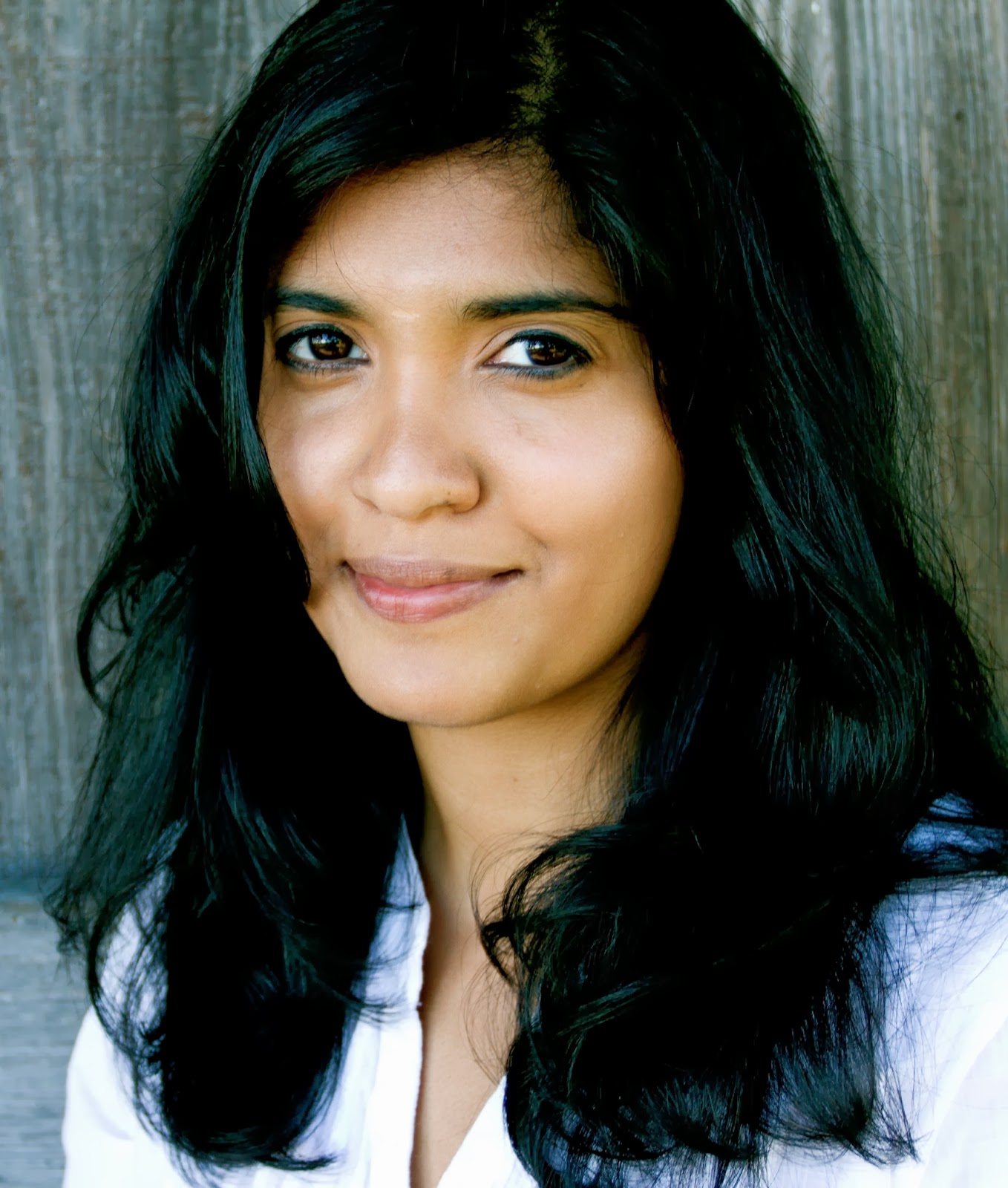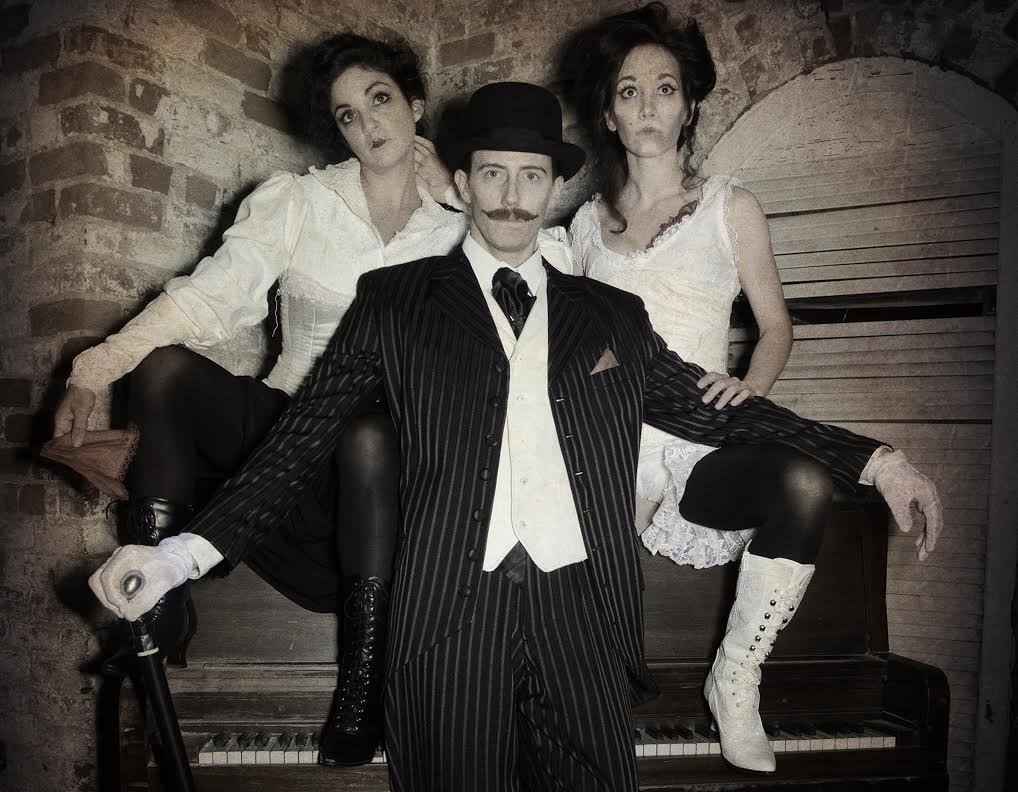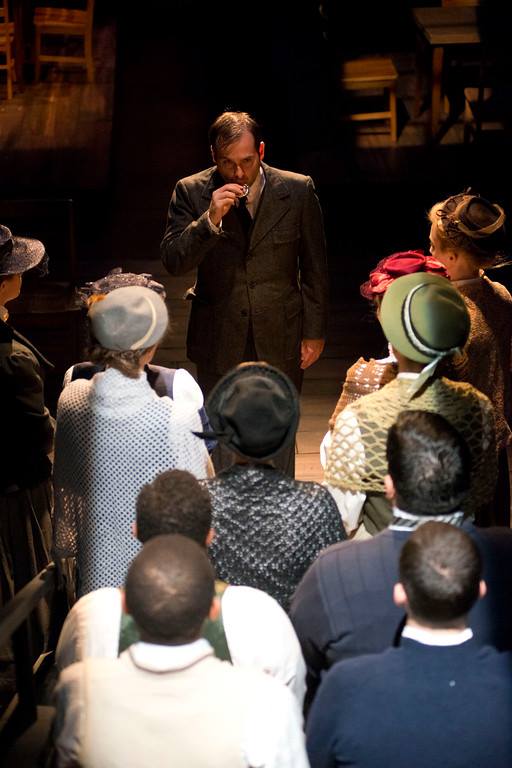“People often think that identifying as transgender or words like 'intersex' are all new things, but the inclusion of Herculine’s story from the 1800s gives a different perspective. Struggles with gender identity and sexuality are not new--it’s just been excluded from the mainstream conversation,” -- Rachel Kuhnle, Lola in Herculine and Lola
~~~
A jump through time and a change in culture, and yet, the same problem is still seen. Will comfort be felt or sexuality understood as playwright Dipika Guha’s script is brought to the stage?
Herculine and Lola is a play that showcases the struggles of gender identity and follows two women in their search to find peace with their bodies. Herculine Barbin is a women from the past. A schoolteacher in 19th century France, Herculine writes a diary conveying her troubles as an intersex person. While leaping forward to present day, Lola is an American teenager who travels overseas with her parents, when they break some complicated news to her about her body.
“Lola looks and acts like a female and in fact believes she is a female until her parents inform her that it’s not so simple,” says Carin Bendas, a second-year MFA acting student at the University of South Carolina and playing the role of Lola.
Guha’s writing paints a picture of what it feels like to be someone struggling with gender identity. “This play has been enormously challenging to wrangle because of its structure and size. I wanted to create a three-part structure for the stage where we would depart and ‘be’ somewhere entirely different in the second part,” says Guha.
Herculine may be a piece of the past, but her problems are still prevalent in today’s contemporary culture, as audiences will see through Lola’s character. Rachel Kuhnle, also a second-year MFA acting student at USC and playing the role of Herculine, mentions never working in any production that takes sexuality and explores it so much. “People often think that identifying as transgender or words like 'intersex' are all new things, but the inclusion of Herculine’s story from the 1800s gives a different perspective. Struggles with gender identity and sexuality are not new--it’s just been excluded from the mainstream conversation,” says Kuhnle.
Most people have come across an intersex person before; we just wouldn’t normally notice it, Bendas mentions. As it seems, today’s culture is more understanding when it comes to an intersex or transgender person. Knowing that people had to deal with gender identity issues at a time when the culture was not as accepting really puts an emphasis on how evolved our culture has become-though obviously not far enough. Despite period differences, Herculine and Lola bond together through their imagination and love.“Our life experiences play a huge part in the characters we create, especially in a play where the characters' journeys are so personal,” says Kuhnle.
Audience members have to keep their imaginations going and remember the unique culture each character belongs to. With such dramatic time period shifts, showing scene changes can be a challenge, even for set designer and director Steven Pearson.“It’s a very cinematic play and to do that with a simple element, to bring to life what is written on the page, is always a challenge, especially to go from one environment to another and from one time to another. We are using more general furniture and props to have the audience’s imaginations anchor on them. But the most important part is the actors in it,” says Pearson.
This will be the first production of the play, and Guha is delighted to have Pearson behind her. “He understands what this play is after down to its marrow and has worked tirelessly to realize the story in a kind of bare theatrical landscape I had imagined when I wrote it,” says Guha. “He has given me the greatest gift that a playwright could ask for, which is the absolute commitment to staging the play as is written.”
The play will run from November 15-21 at the Center for Performance Experiment on 718 Devine St. Tickets are $5 and are available only at the door. Show times are 8 p.m. every night, and on Friday, November 20, two shows will run at 7 p.m. and 10 p.m.








